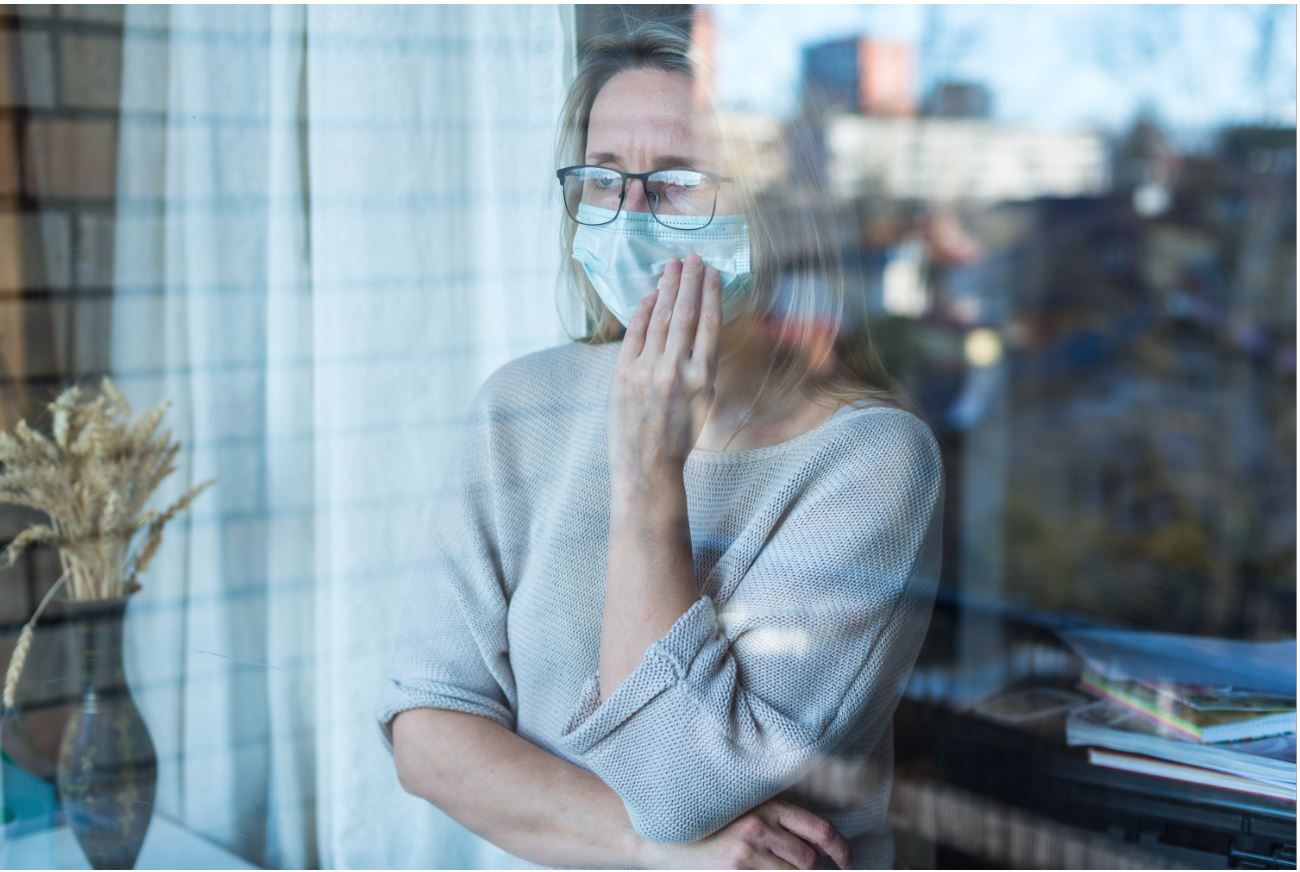- Clinical Technology
- Adult Immunization
- Hepatology
- Pediatric Immunization
- Screening
- Psychiatry
- Allergy
- Women's Health
- Cardiology
- Pediatrics
- Dermatology
- Endocrinology
- Pain Management
- Gastroenterology
- Infectious Disease
- Obesity Medicine
- Rheumatology
- Nephrology
- Neurology
- Pulmonology
CDC: Up to 1 in 5 Adult Survivors Experience Post-COVID Conditions
Image: ©mdbildes/AdobeStock

Compared to persons without evidence of prior COVID-19 infection, COVID-19 survivors are significantly more likely to have incident conditions that might be attributable to previous COVID-19, according to a new analysis.
The findings were published May 24, 2022, in a US Centers for Disease Control and Prevention (CDC) Morbidity and Mortality Weekly Report early release.
“As the cumulative number of persons ever having been infected with SARS-CoV-2 increases, the number of survivors suffering post-COVID conditions is also likely to increase,” wrote authors led by Lara Bull-Otterson, PhD, of the CDC’s COVID-19 Emergency Response Team. “Therefore, implementation of COVID-19 prevention strategies, as well as routine assessment for post-COVID conditions among persons who survive COVID-19, is critical to reducing the incidence and impact of post-COVID conditions, particularly among adults aged ≥65 years.”
Researchers used electronic health record (EHR) data between March 2020 and November 2021 to examine the incidence of 26 conditions often attributable to post-COVID (ie, incident conditions) among adults aged ≥18 years with a previous COVID-19 diagnosis (case-patients; n=353 164) compared with the incidence among matched patients without evidence of COVID-19 (controls; n=1 640 776). Conditions included acute myocardia infarction, asthma, renal failure, mood and sleeping disorders, and types 1 and 2 diabetes.
The analysis was stratified by 2 age groups: persons aged 18-64 years and those aged ≥65 years. According to the report, participants were followed for 30–365 days after the index encounter until the first occurrence of an incident condition or until October 31, 2021, whichever occurred first.
Investigators found that among all participants, 38.2% of case-patients experienced an incident condition compared with 16% of control patients. Among persons aged 18–64 years, 35.4% of case-patients and 14.6% of controls experienced at least 1 incident condition. Among those aged ≥65 years, 45.4% of case-patients and 18.5% of controls experienced at least 1 incident condition.
Independent of age group, the highest risk ratios were for acute pulmonary embolism and respiratory symptoms, added Bull-Otterson and colleagues.
Overall, the authors report, the findings translate into 1 in 5 COVID-19 survivors aged 18–64 years, and 1 in 4 aged ≥65 years experiencing an incident condition that might be attributable to previous COVID-19 infection.
“These findings can increase awareness for post-COVID conditions and improve post-acute care and management of patients after illness. Further investigation is warranted to understand the pathophysiologic mechanisms associated with increased risk for post-COVID conditions, including by age and type of condition,” concluded the team.
Bull-Otterson et al noted a few study limitations, the first being that patient data were limited to those seen at facilities between January 2020 and November 2021, so the results might not be representative of the entire US adult population or of COVID-19 case patients infected with recent variants. Also, the incidence of new conditions after an acute COVID-19 infection could be biased toward a population that is seeking care, either as a follow-up to a previous complaint (including COVID-19) or for another condition.
